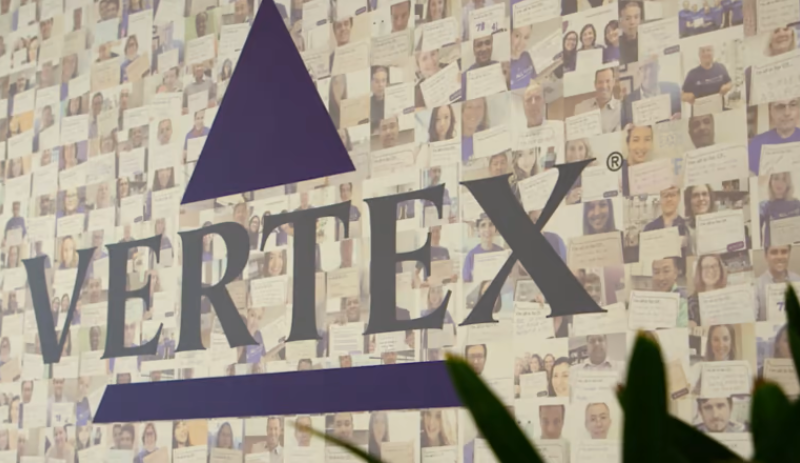Vertex is doubling down on cell and genetic therapy R&D. Having recently opened a 400-person center in Boston, the biotech has set out plans for a 344,000-square-foot facility just around the corner.
The expansion will mark another significant step up in Vertex’s R&D and manufacturing capabilities for cell and genetic therapies. At the first site, 70% of which is dedicated to lab and research space, Vertex is installing 400 employees to work on advanced therapies for conditions including sickle cell disease, beta thalassemia, Type 1 diabetes and Duchenne muscular dystrophy.
Boston-based Vertex shared details of the new facility at an event to dedicate the first site, which is now called the Jeffrey Leiden Center for Cell and Genetic Therapies after the biotech’s executive chairman. A new cell and genetic therapies research and manufacturing facility, dubbed Leiden II, will accommodate up to an additional 500 employees.
“These buildings represent so much more than having the best equipment in our labs or great amenities, as important as those things are. These buildings represent a further significant investment in our unique R&D strategy, to transform the lives of people with serious diseases, like sickle cell disease and Type 1 diabetes, using cutting-edge genetic and cell-based therapies,” Leiden said in a statement.
Vertex plans to complete Leiden II in 2025. Once the second site is operational, the company expects to occupy 1.9 million square feet of real estate in Boston’s Seaport across five sites. By its own count, that will make Vertex the biggest biotech in Boston by footprint. Vertex’s corporate headquarters in Boston takes up 1.1 million square feet of space across two buildings that it began leasing in 2011.
The expansion comes as Vertex seeks to establish itself as a force in nascent drug modalities. Vertex has an autologous, ex vivo CRISPR/Cas9 gene-edited cell therapy in phase 3 development in sickle cell and a clutch of other candidates, including an allogeneic human stem cell-derived islet cell therapy for Type 1 diabetes, following it down the pipeline.

